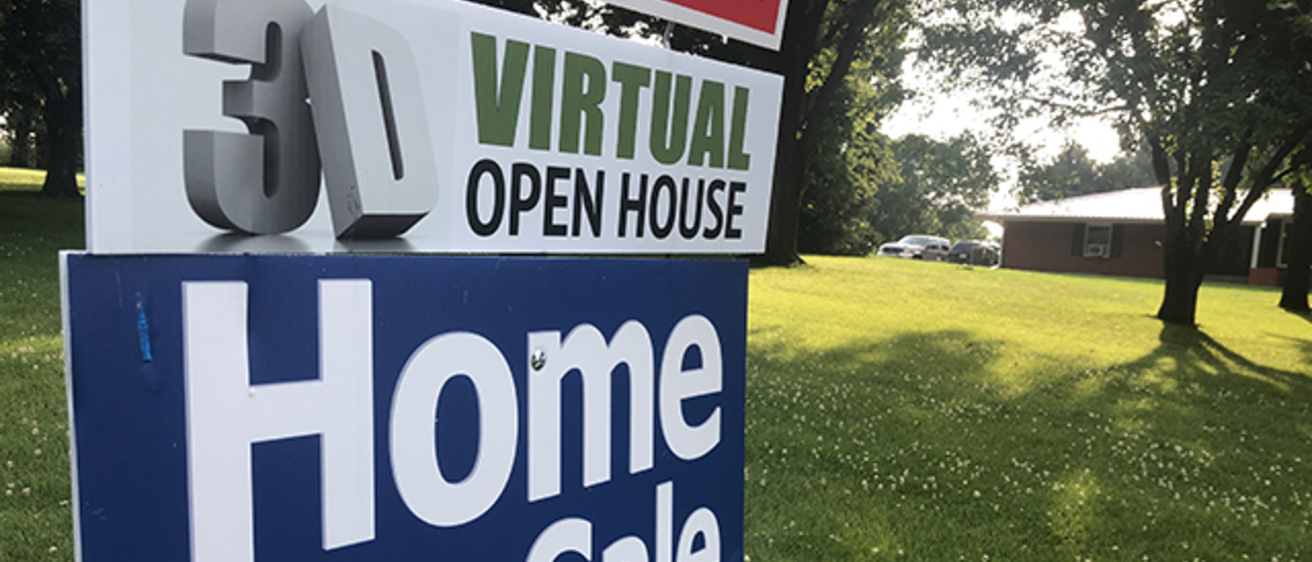Virtual online home tours are becoming a bigger part of real estate marketing, and a new study from the University of Iowa’s Tippie College of Business suggests they increase closing prices by at least 2% over similar homes without an online tour.
“The virtual experience is especially important in the home-buying process because it provides key information on the space in which the buyer plans to spend a significant time in their daily life,” says Gautam Pant, associate professor of business analytics. “Given the high price and transaction costs, the information derived from virtual tours may reduce search costs and help the decision-making process for buyers.”
The study
The researchers analyzed more than 19,000 real estate transactions that occurred in Orange County, Calif., in 2016, and categorized them based on factors such as list price, size, features, high school district, and neighborhood. About 19% of the homes had a virtual tour included in the online listing. The researchers used Orange County data because of the high number of home listings there that include virtual tours.
Key findings
--Homes that had an online virtual tour closed for a price at least 2% higher than homes without tours. Homes that tended to offer online virtual tours had higher listing prices, were in better condition, and included more features.
--The use of a virtual tour increased the time on market for a home by 6%. Pant says the study does not look into why this happens, but one potential explanation is that virtual tours could elicit greater interest from potential buyers leading to more visits from them. The increased interest, as observed by the sellers, might increase their willingness to wait for the best possible offer.
--Listing agents who included online virtual tours as well as scheduled more frequent open houses sold more homes than those who did not. Agents who relied more on written text to describe their listings sold fewer.
--The study suggests using online virtual tours is one of the factors that make agents appear more professional, so the sellers of desirable homes that are more likely to fetch a higher price are more likely to choose an agent who uses virtual tours as part of their marketing package.
Pant’s study, “The effect of virtual tours on house price and time on market,” was co-authored with Wei Yu, Zhongming Ma, and Jing Hu of the California State Polytechnic University. It will be published in a forthcoming issue of the Journal of Real Estate Literature.
